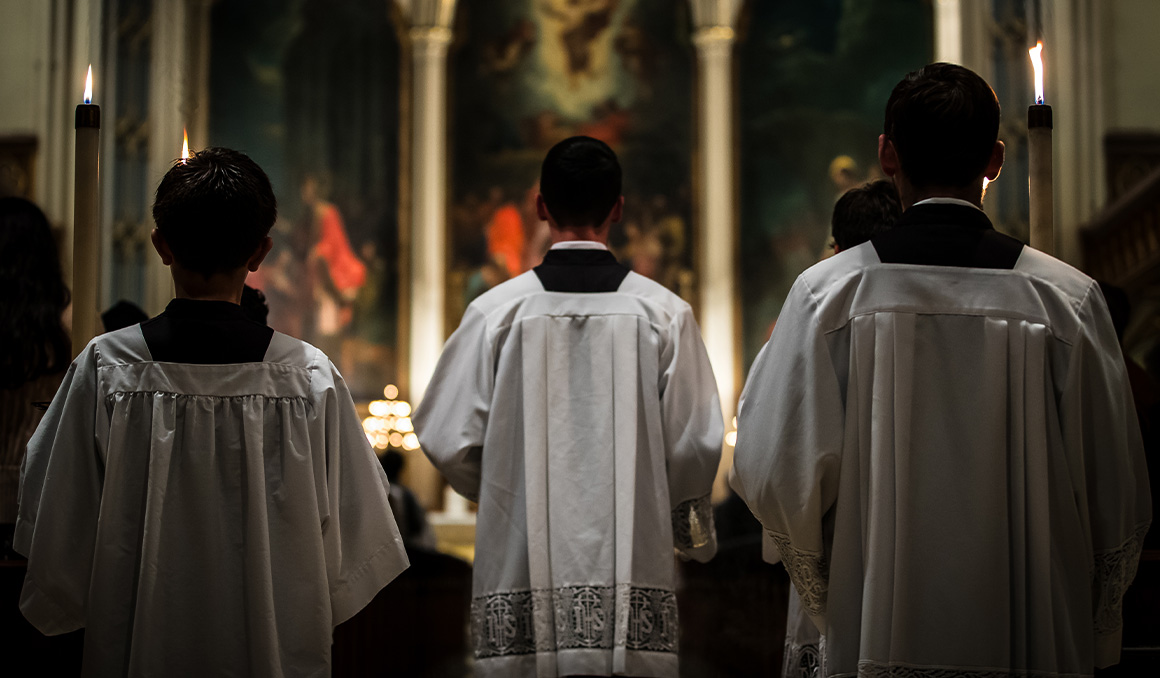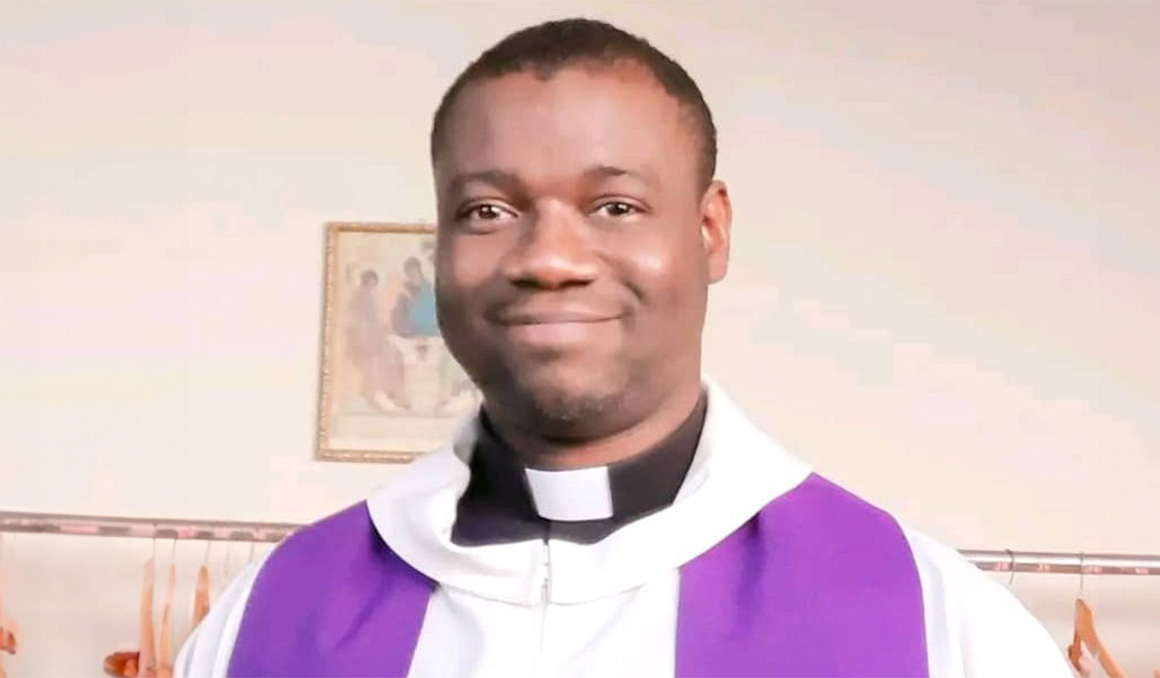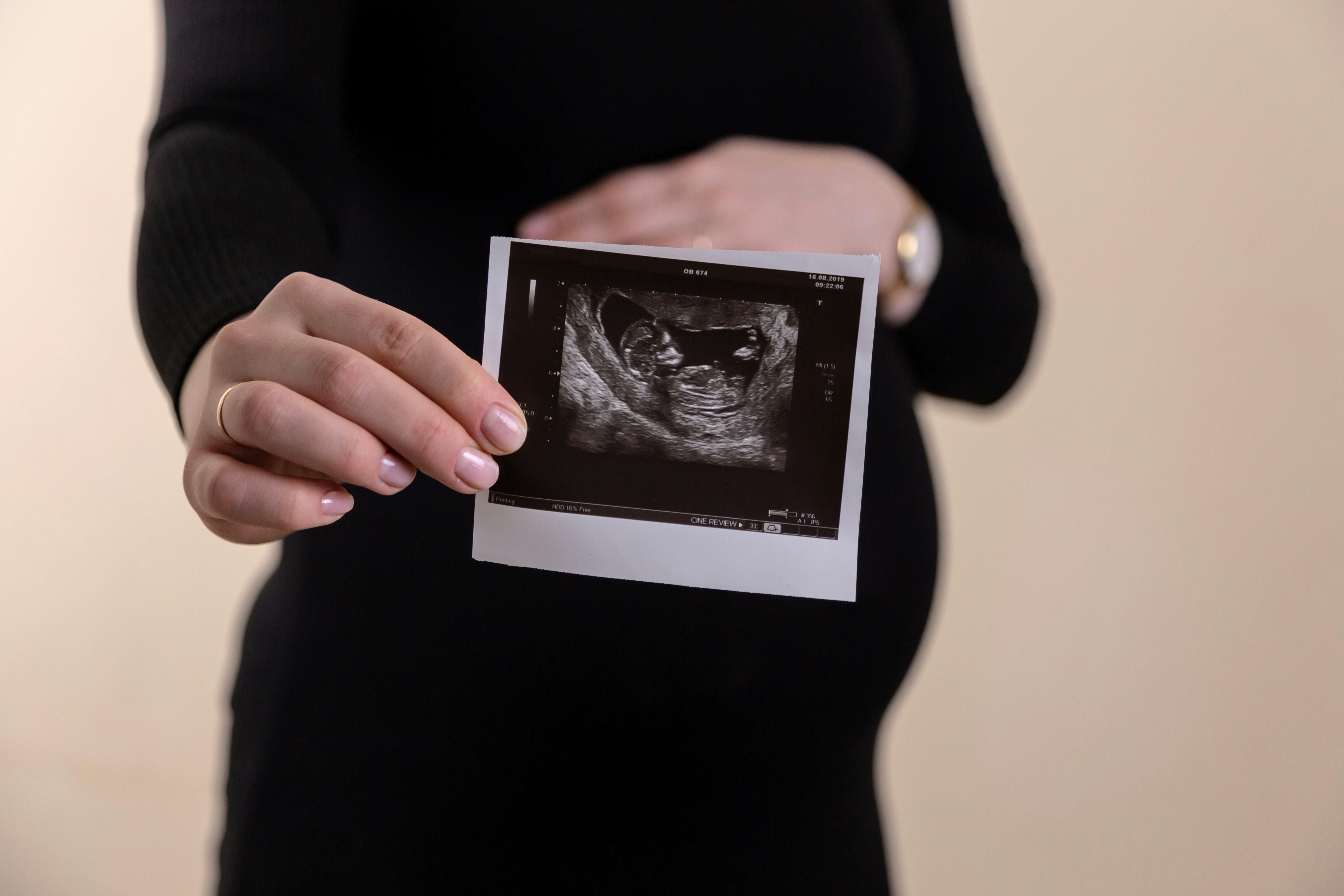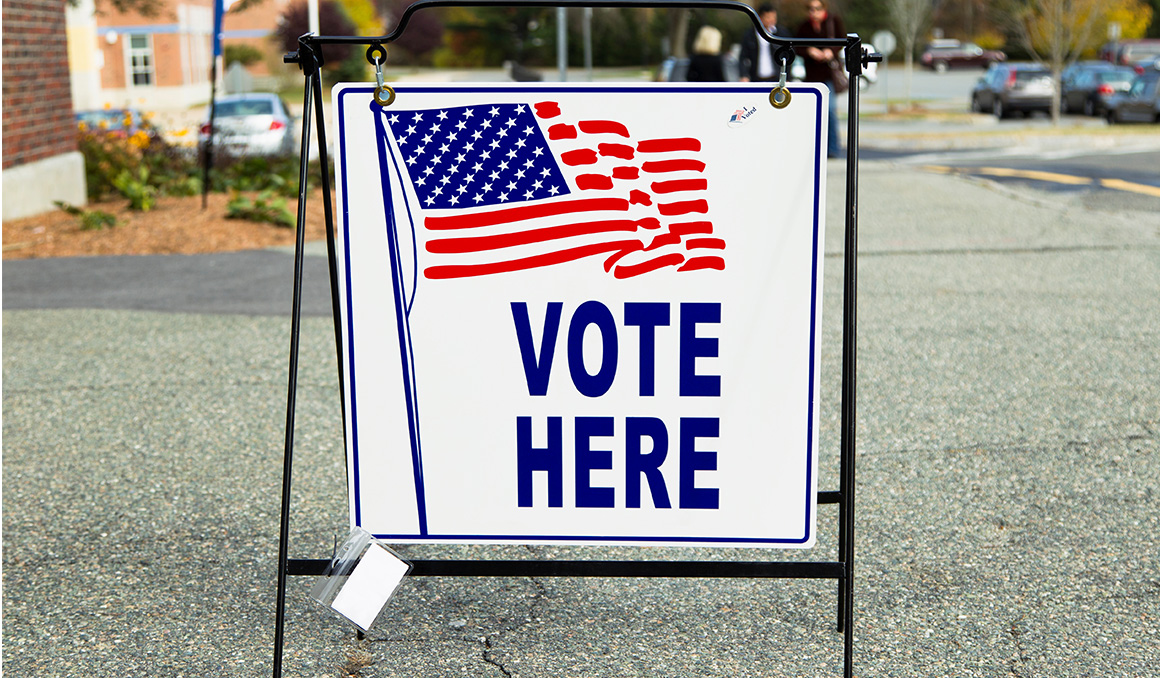
Op-Ed
An aerial view shows flooding in a neighborhood in Punta Gorda, Florida, following Hurricane Milton on Thursday. (Joe Raedle / Getty Images)
Why are we seeing such incredible and unprecedented weather? Is it a curse from God? No. Could it be a sign of something greater spiritually happening? Yes.
Historic and unprecedented times of physical weather disruption occur many times throughout the Bible and always at times of great Spiritual disruption.
Even in recent American History.
The Azusa Street Revival is considered one of the most important events in the history of modern Pentecostalism and Christianity in the United States.
It began on April 9, 1906, at a small mission church located at 312 Azusa Street in Los Angeles, under the leadership of an African American Pastor William J. Seymour, a one-eyed son of former slaves.
Key Events:
- Early Origins: Seymour, who was deeply influenced by the Holiness Movement and the teachings of Charles Parham on the baptism of the Holy Spirit and speaking in tongues, came to Los Angeles in 1906 to preach. Initially, his message of a second blessing, or the baptism of the Holy Spirit with evidence of speaking in tongues, was met with resistance.
- Initial Meetings: When Seymour began holding meetings in a home on Bonnie Brae Street, the congregation experienced what they described as “an outpouring of the Holy Spirit.” Reports of people speaking in tongues and experiencing divine healing began to spread. The healing and miracles were profound, with reports of people growing limbs back and even atheist reporters documenting countless other miracles.
- Growth of the Movement: As the word spread, more people flocked to the services. The revival soon outgrew the Bonnie Brae house, and the congregation moved to a rundown building on Azusa Street. The revival drew a diverse crowd of people, including white, black, Asian, and Latino believers, which was remarkable for its time in a racially segregated America.
- Impact on Pentecostalism: Over the next few years, the revival sparked the rapid growth of the Pentecostal movement worldwide. It emphasized spiritual gifts, such as speaking in tongues, prophecy, healing, and an experiential form of Christianity that focused on a direct relationship with the Holy Spirit.
- Decline and Legacy: While the revival’s influence diminished after 1915, it is seen as the catalyst for the modern Pentecostal and Charismatic movements. Today, Pentecostalism is one of the largest Christian movements in the world, with hundreds of millions of adherents, and currently, as many as 1 in 4 Christians in the United States were impacted by that movement.
However, just nine days after the revival began — and in the same state — The Great 1906 San Francisco Earthquake (April 18, 1906) happened.
It was estimated to be a 7.9 on the Richter scale and was one of the most devastating natural disasters in U.S. history.
Does America need to turn back to God?
The earthquake and the fires that followed caused widespread destruction and reshaped the city of San Francisco.
Key Events:
- The Earthquake: At approximately 5:12 a.m., a massive earthquake struck off the coast of northern California. The quake was felt from southern Oregon to Los Angeles and as far inland as Nevada. The San Andreas Fault, which runs through the region, shifted dramatically, causing violent shaking that lasted nearly a minute.
- Destruction: The earthquake destroyed many buildings, roads, and infrastructure. However, it was the fires that followed the quake that caused most of the damage. Broken gas lines ignited fires that raged uncontrollably for several days, as the city’s water mains had also been damaged, making it impossible to extinguish the flames.
- Human Cost: It is estimated that around 3,000 people died in the disaster, though the true death toll may be higher. Over 80 percent of San Francisco was destroyed, leaving over 250,000 people homeless in the aftermath.
- Reconstruction: Despite the devastation, San Francisco quickly began to rebuild. New fire codes and building regulations were established to prevent future disasters of the same magnitude. Within a decade, much of the city had been reconstructed, and San Francisco emerged as one of the major urban centers of the U.S. West Coast.
- Impact: The earthquake had a significant economic impact, costing the city and insurers millions of dollars. It also reshaped attitudes toward urban planning and disaster preparedness in the U.S., with lessons learned being applied to other cities.
Conclusion:
We as a country need to wake up to the spiritual health of our country. We need to turn to God and fearlessly live out the calling of Making Disciples of all Nations.
We need to unite as God’s church. We need to pray and fast 21 days before this election (starting October 15) and turn humbly to the God that controls the weather and turn away from the evil and false gods of this culture and world.
We need to serve and be the church.
The views expressed in this opinion article are those of their author and are not necessarily either shared or endorsed by the owners of this website. If you are interested in contributing an Op-Ed to The Western Journal, you can learn about our submission guidelines and process here.
Advertise with The Western Journal and reach millions of highly engaged readers, while supporting our work. Advertise Today.

 By The Western Journal (Faith) | Created at 2024-10-29 21:58:08 | Updated at 2024-10-30 17:23:19
2 weeks ago
By The Western Journal (Faith) | Created at 2024-10-29 21:58:08 | Updated at 2024-10-30 17:23:19
2 weeks ago



